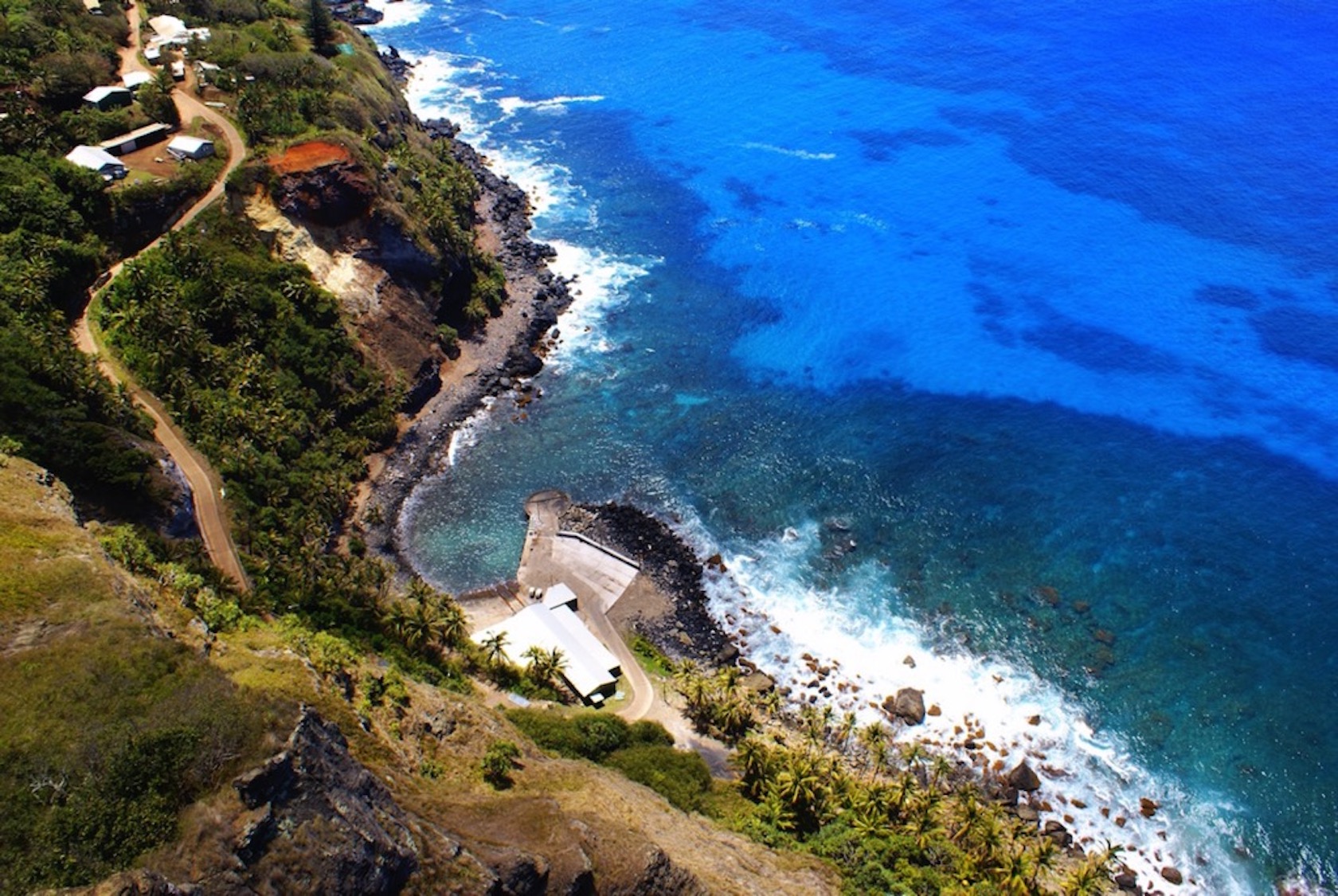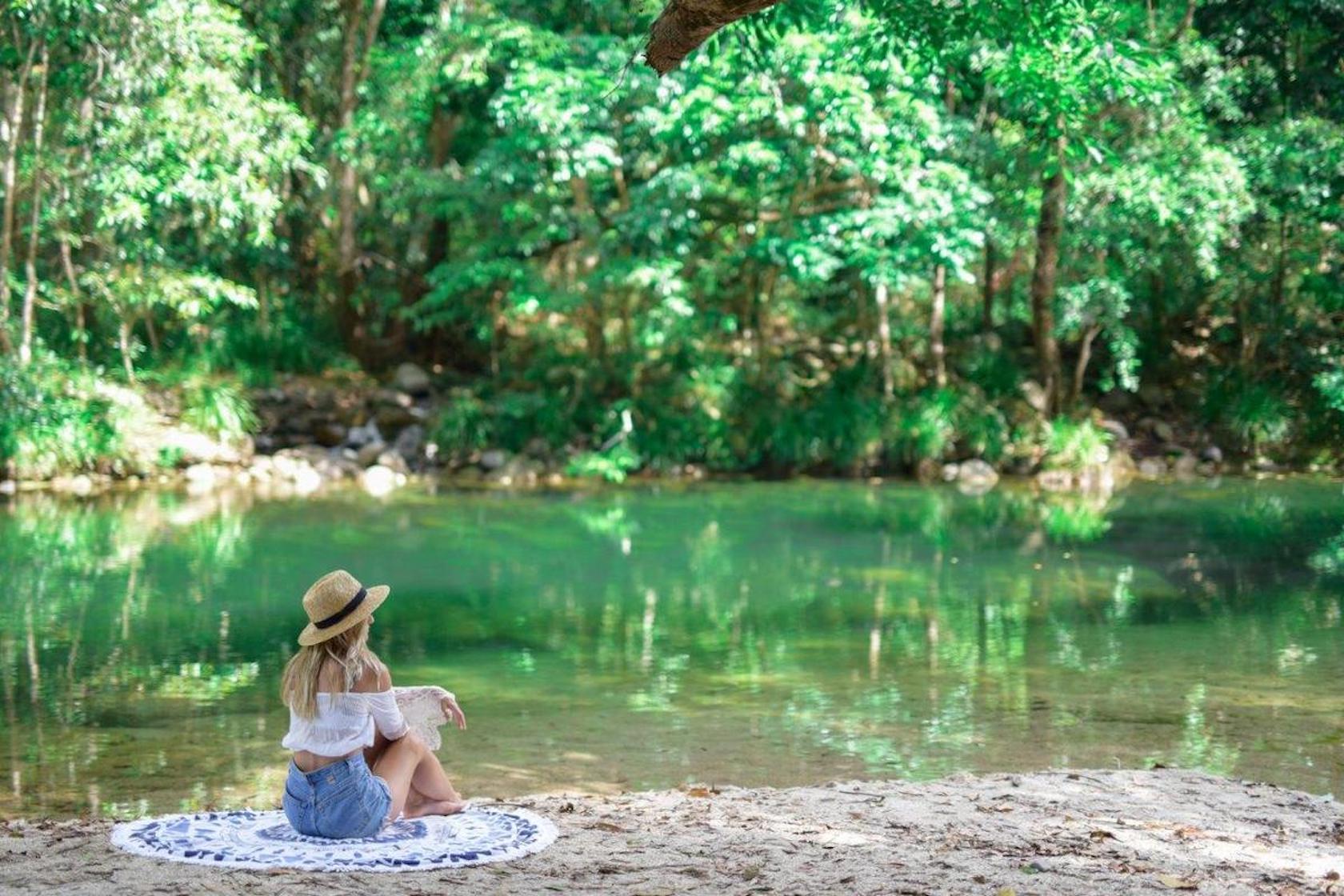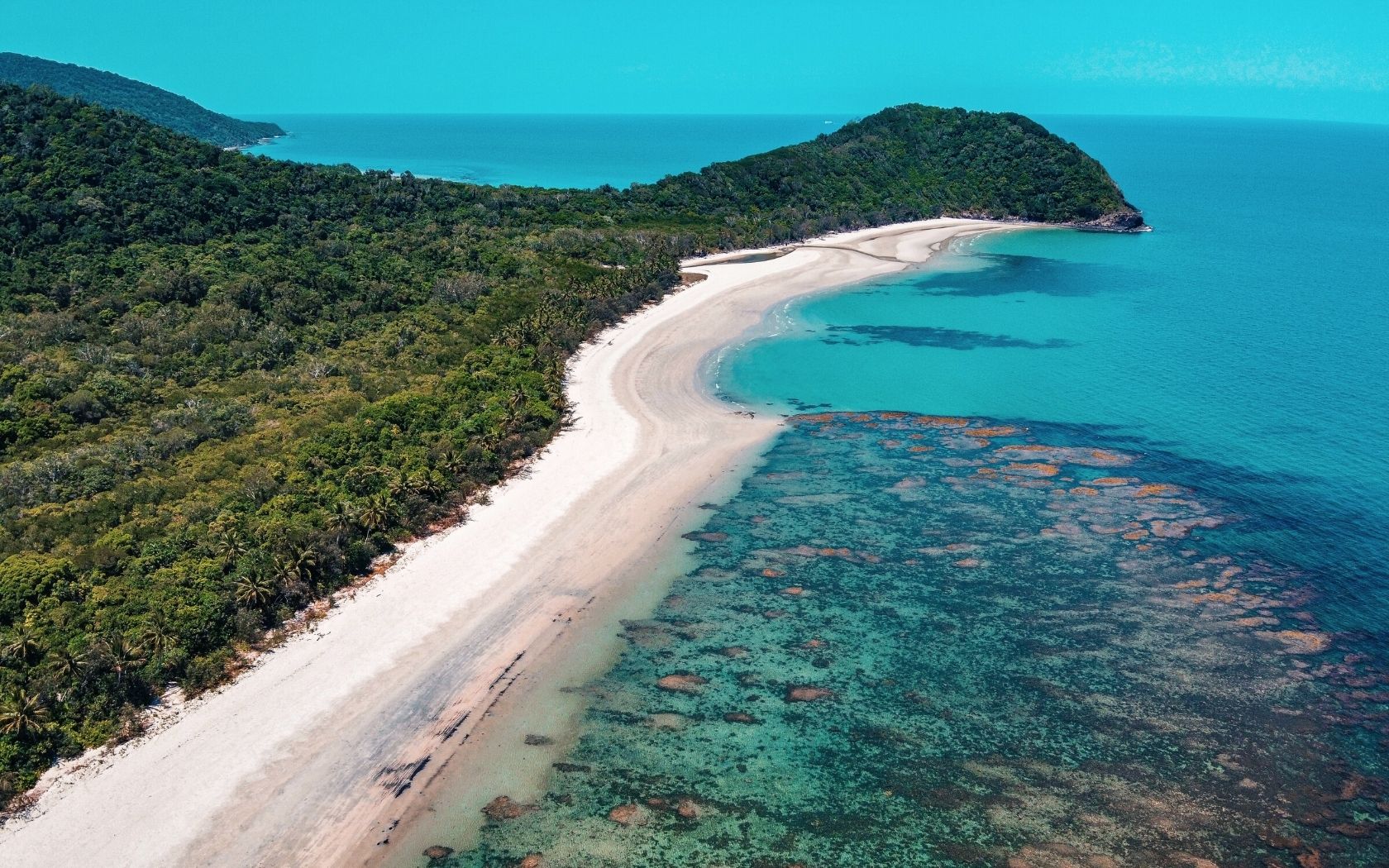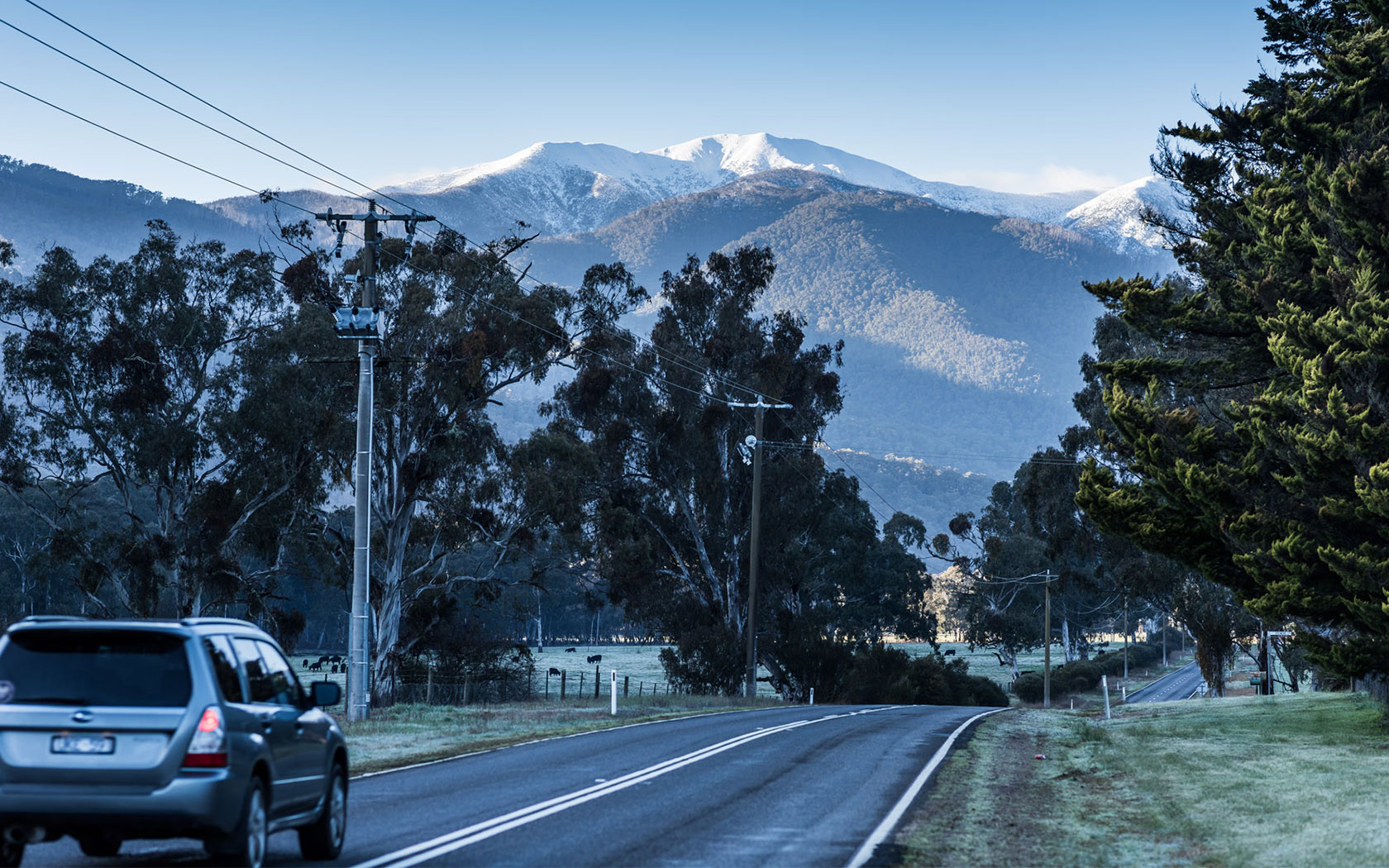What First-Time Travellers Think They Need To Know (But Don’t)

Sangeeta Kocharekar is a freelance travel writer. She grew up…
You’ve just booked your first big trip when it starts: the barrage of advice. It comes from friends, family, and anyone else wanting you to avoid the same mistakes they made, and share the exact experiences they loved.
You listen, but you also attempt to do your own research. Is travel insurance a must? If you’re travelling alone, will you really make friends? And how much should you budget for a night out in Vegas?
[related_articles]31342,62325,18623[/related_articles]The advice can be overwhelming to say the least. (For the record, travel insurance is a must, you’ll most definitely make friends travelling solo, and be prepared to spend a lot in Vegas.)
To help you filter some of it out, these are three categories of information you can go right ahead and disregard.
#1 The “Best” Places To Go

Regardless of how low-budget of a trip you’re planning, you’ll be splashing some cash. You’ll want to see the best views, eat the best food and in general have the best time. Naturally, you’ll want to plan ahead to ensure there’s no “best” you’re missing out on, so you’ll start collecting information.
But here’s the thing: knowing too many specifics – where to go for a decent breakfast, where to have sunset cocktails – can actually spoil your trip. Yes, it’s good to get a general idea of what you can expect in each place, but once you know the basics, stop researching.
I promise, when you arrive, you’ll find beauty in strolling the streets and discovering places for yourself. Most veteran travellers will agree that some of their best memories stem from situations where they threw out their guidebook.
#2 What You Should Be Getting Out Of Your Trip

Again, no matter how inexpensive of a trip you plan on having, you’ll wind up spending more money than you normally would back home. Seeing your balance drop as you buy flights and book hotels can make you start questioning why you’re even travelling in the first place. You’ll start wondering what kind of “life rewards” you should expect to see.
When you’re investing a lot of time and money into an experience, it’s only natural to wonder what you’ll get out of it.
[related_articles]31832,59116[/related_articles]There are heaps of articles online about what you’ll get out of travelling. Read them with caution, however. Going on a trip with a preconceived idea will set you up for disappointment. If you have certain expectations, there’s a high risk they won’t be met. Then, regardless of what an amazing time you do have, you’ll be bummed it wasn’t what you’d pictured it to be.
#3 Everyone Else’s Experiences

Much like the weather, people love talking about their travels – where they’ve been, what they did, and what they experienced. Everyone will have opinions of the places they’ve visited, and they’ll most often be strong ones.
Of course you can listen, but try not to give too much weight to their stories – people’s words are filtered through their own experiences. They could be glass half-empty people who dwell on the negative, like how the country’s Wi-Fi was terrible or how they got ripped off that one time. Or, on the flip side, they could be overly positive and harp on about the only two things that went right on their trip.
[related_articles]42411,61844[/related_articles]Dwelling on someone else’s recounted experience will seriously cloud yours. You might not end up visiting a stunning beach because a friend told you it was too touristy and that she hated it. Or, worse, you could end up skipping an entire country because one article said it wasn’t worth seeing.
Instead, go with your gut. If you want to visit Slovenia, do it. And don’t let anyone tell you otherwise.
Sangeeta Kocharekar is a freelance travel writer. She grew up going on trips to India and Europe on school holidays, and hasn't stopped travelling since.








